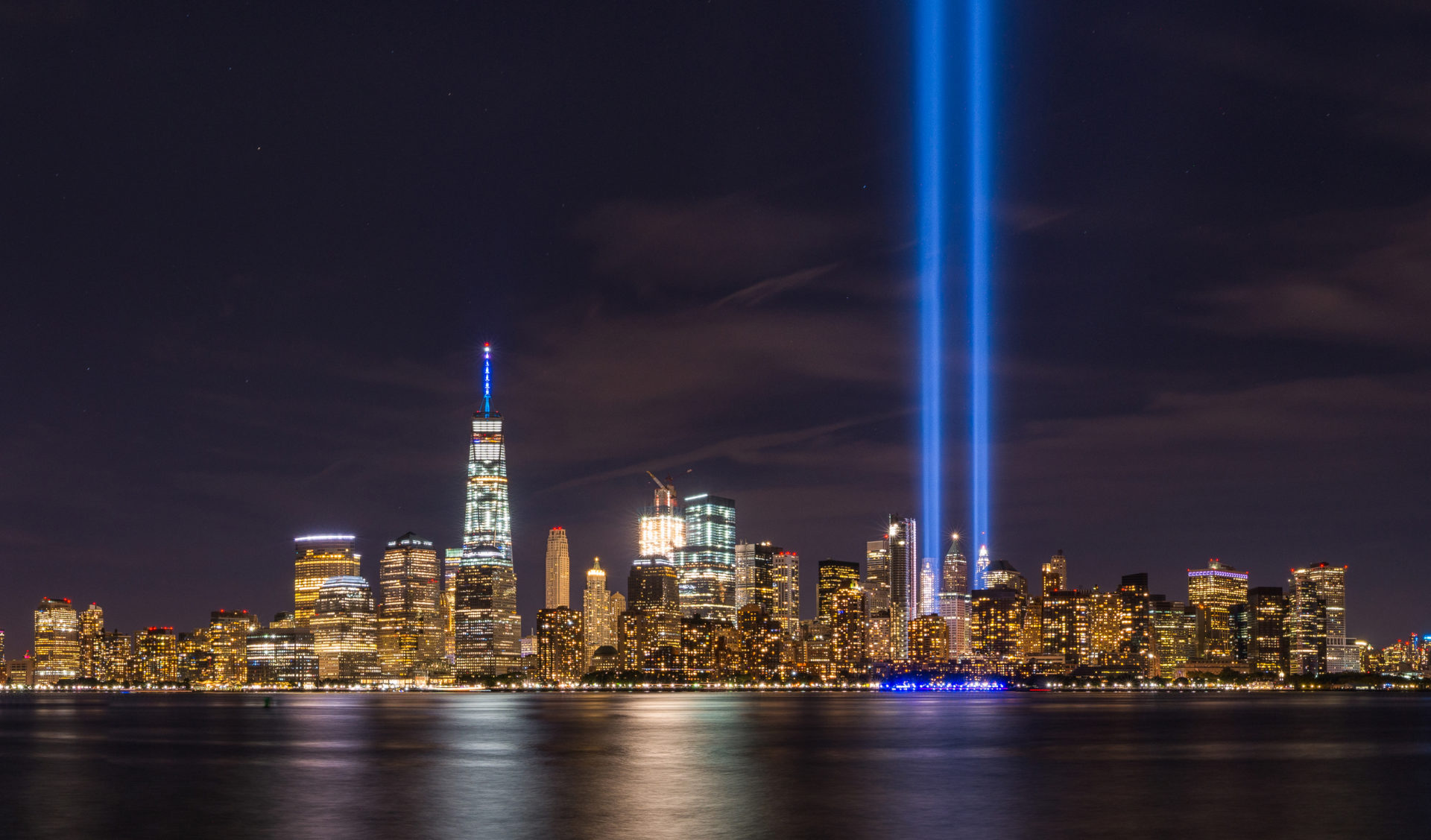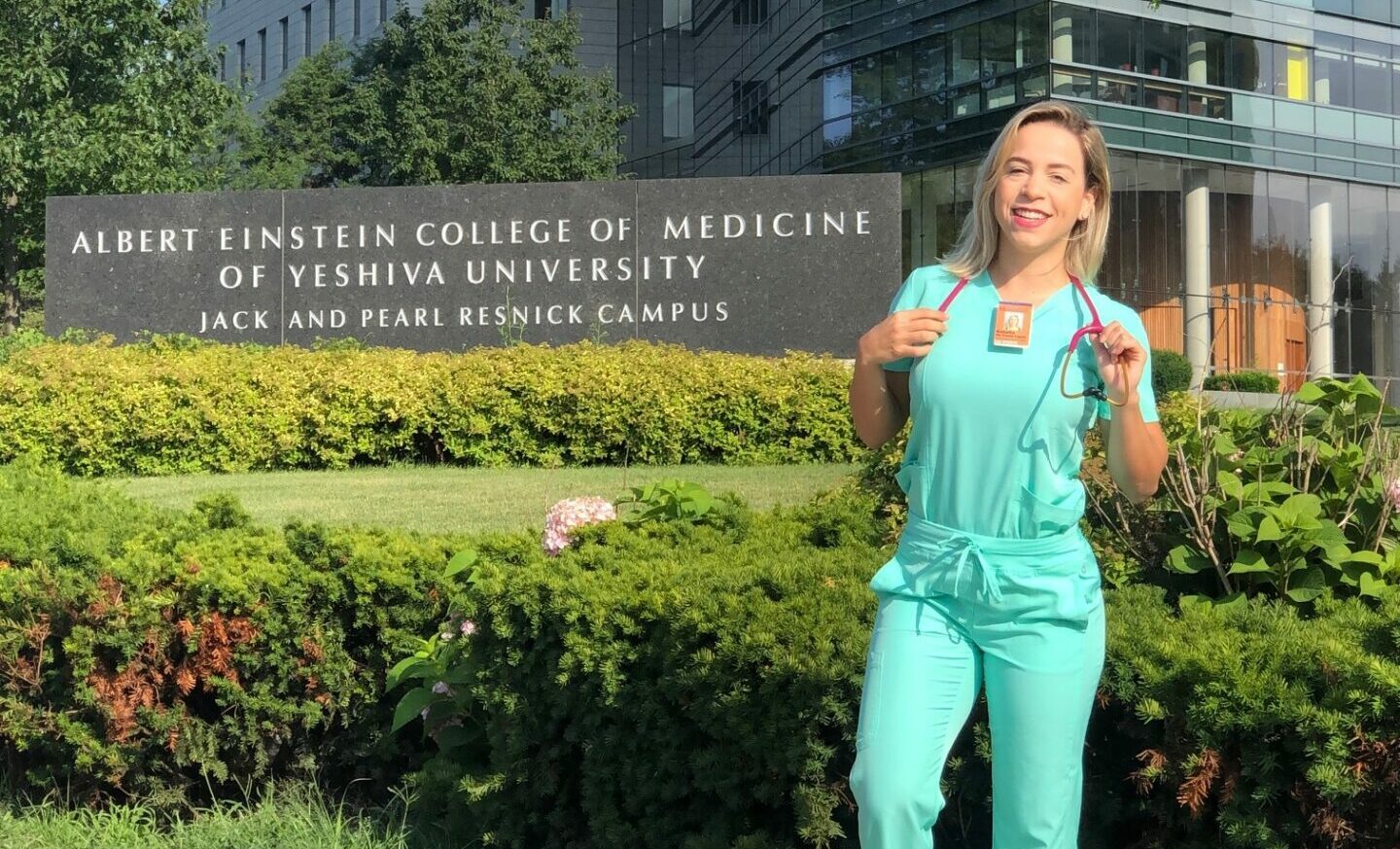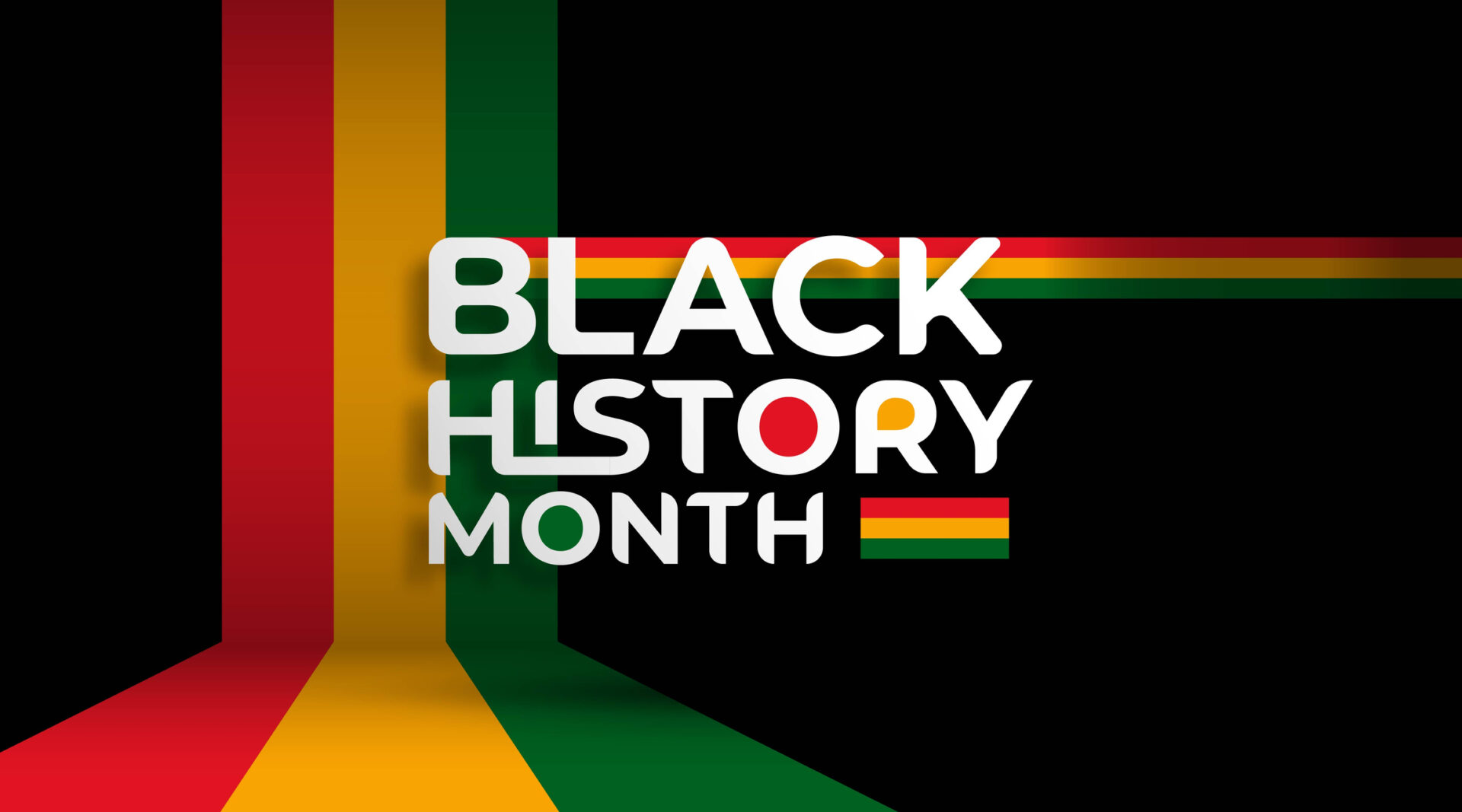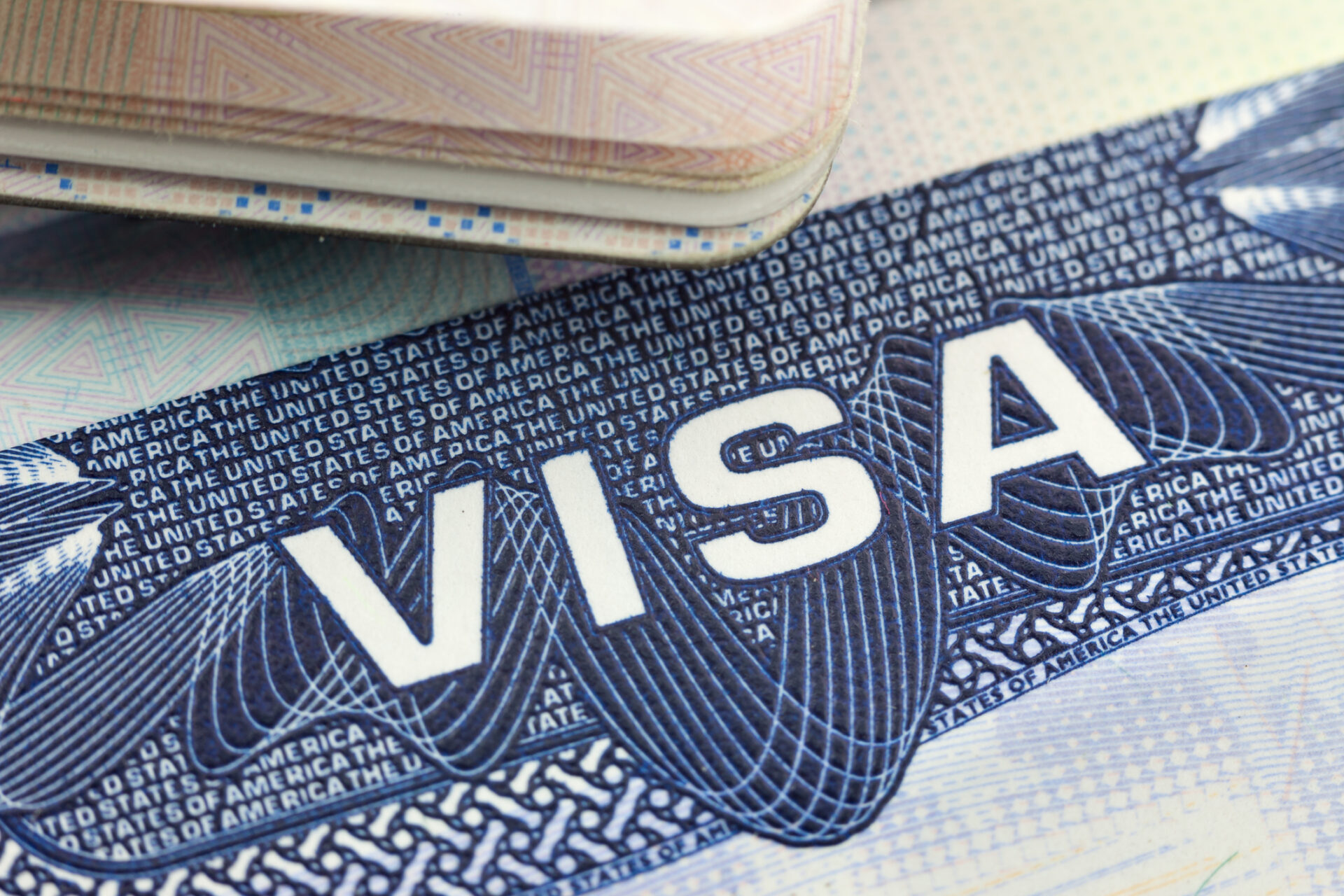On an otherwise routine Tuesday morning, September 11, 2001 suddenly became a day not soon to be forgot when two planes crashed into the World Trade Center in lower Manhattan. Today marks the 20th anniversary of the September 11 attacks, which will be honoreds across the United States, from President Biden’s visits to all three 9/11 sites to moments of personal reflection.
Despite the distance of time, the health effects of 9/11 still grip survivors and first responders, and the memory of that day remains a very real present. While the health effects of exposure to ground zero has been long-documented in first responders, it was not until 2019 that the 9/11 Victim Compensation Fund bill was passed following awareness raised by comedian and New Yorker Jon Stewart.
The bill, which effectively creates a lifetime fund for survivors, cannot however undo the permanent health effects caused by exposure to dust, asbestos, and other airborne substances present at Ground Zero. In 2018, Michael Crane, MD, MPH, and Professor in the Department of Environmental Medicine and Public Health at the Icahn School of Medicine at Mount Sinai, suggested that the number of 9/11-related illnesses in first responders would outpace total 9/11 deaths. Similarly, a year leater on the 18th anniversary of 9/11, a study from Forbes and Statista found that among just NYPD and FDNY first responders, those who had died from toxic exposure at 9/11 had outpaced those who died on 9/11 445-346.
September 11 first responders: an aging generation
These statistics will only continue to grow more rapidly as the generation of first-responders continues age. Dr. Crane also noted that cancer diagnoses in first responders is increasing. While the average age of first responders is 55, and cancer diagnoses become more common with age, Dr. Crane reported that first responders have a 30% higher diagnosis rate for all cancers when compared to similarly aged peers.
Beyond first responders, these numbers remain consistent among 9/11 survivors. A June 2021 report from the Center for Disease Control and Prevention (CDC), as reported in Scientific American, shows that survivors are nearly twice as likely to have a cancer diagnosis than first responders, while other likely diseases–such as COPD, asthma, and anxiety or depressive disorders–have similar rates among survivors and first responders.
This year, AMOpportunities honors the anniversary of 9/11 by recognizing the ongoing health crisis it continues to be for so many survivors and first responders. We will continue our mission to provide globalized access to medical education and help address physician shortages, so those that need healthcare now and in the future are able to access the care they need.







Leave A Comment